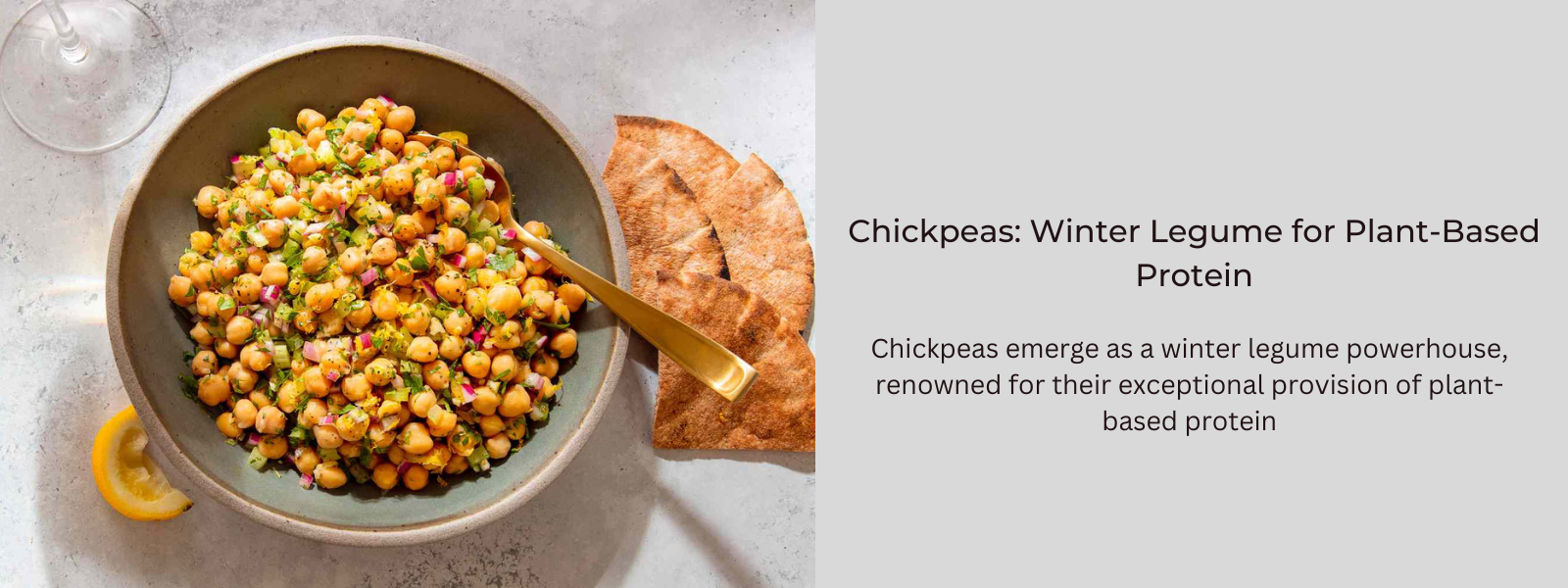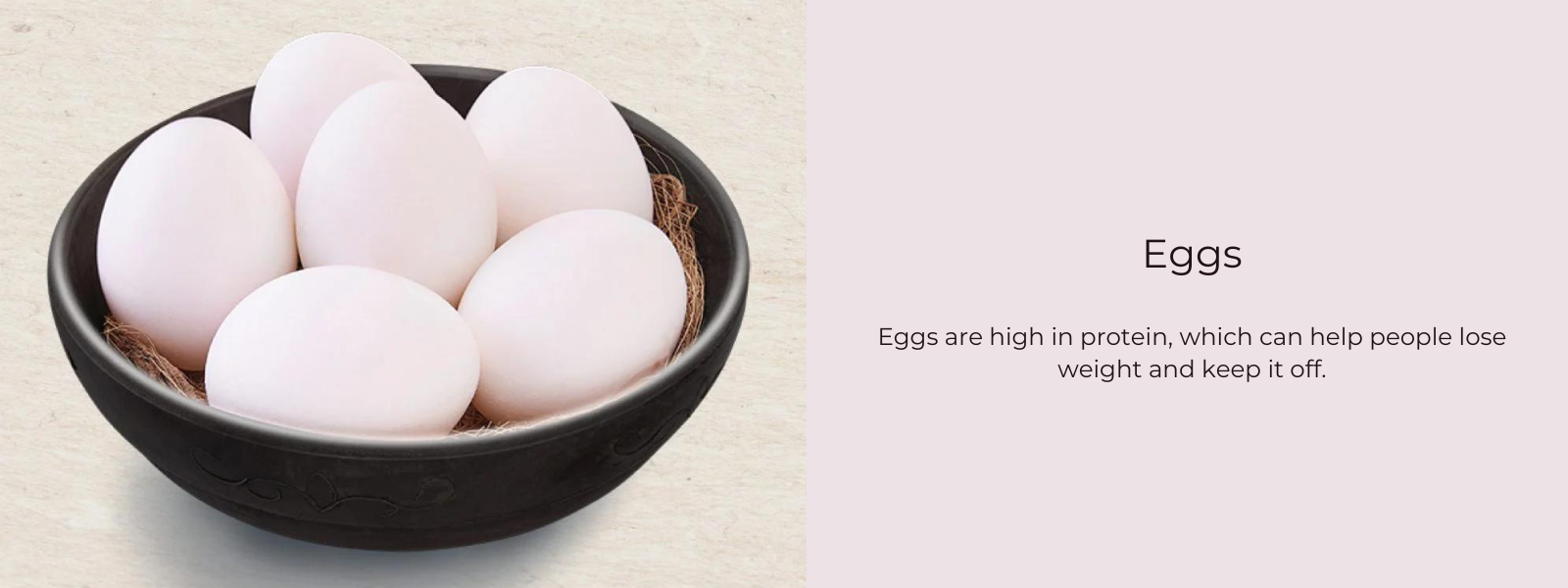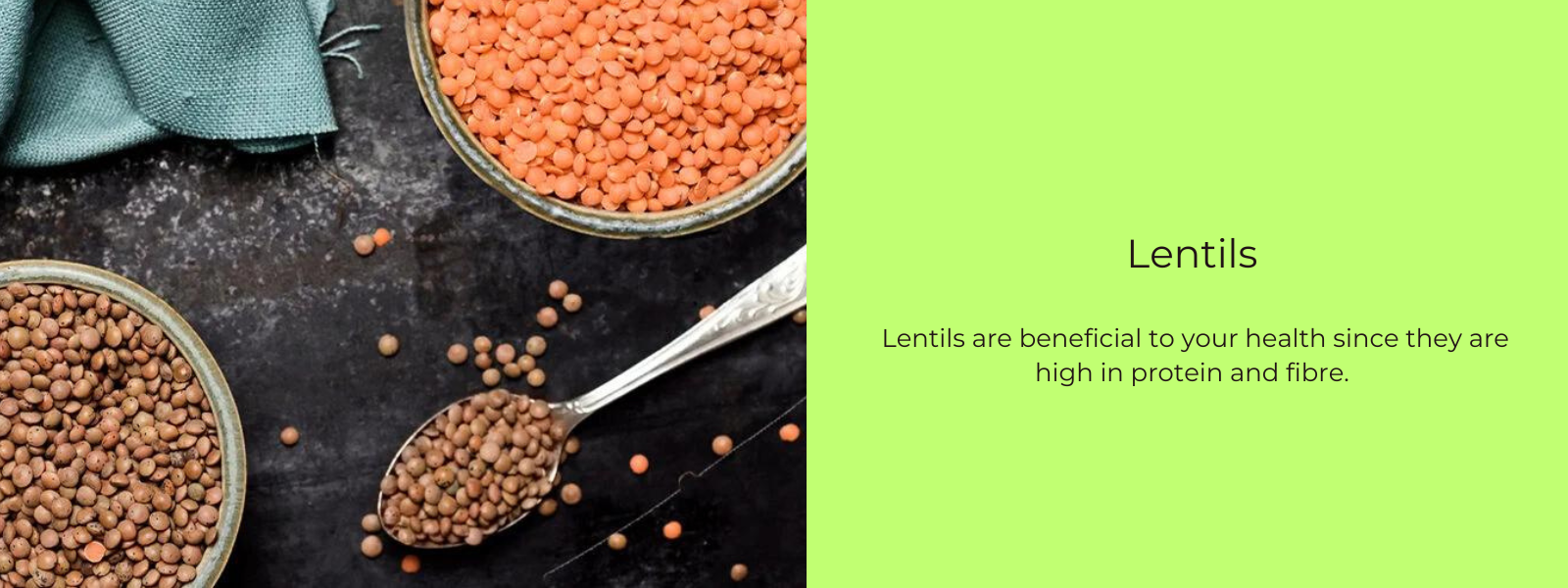Protein plays a central and critical role in muscle building as it provides the essential building blocks required for muscle repair, growth, and maintenance. During resistance or strength training, muscles undergo stress and micro-tears. Protein consumption post-exercise triggers muscle protein synthesis (MPS), which is the process of rebuilding and repairing muscle fibers. Amino acids, especially essential amino acids like leucine found in proteins, act as the catalyst for MPS, stimulating the growth and recovery of muscles. Adequate protein intake, particularly after workouts, is crucial to maximize MPS and support muscle recovery. Additionally, a consistent and balanced protein intake throughout the day ensures a continuous supply of amino acids, aiding in optimal muscle repair and growth. Thus, protein serves as the foundational element necessary for the development and maintenance of muscle mass, strength, and functionality.
Table of Contents
What Is Protein?
Protein is a macronutrient essential for the body's structure, function, and overall health. Comprised of chains of amino acids, proteins serve as the building blocks of tissues, organs, muscles, enzymes, hormones, and antibodies within the body. They play a critical role in numerous physiological processes, including muscle repair and growth, immune function, cell signaling, and the transportation of molecules throughout the body. Proteins are derived from both animal and plant sources, and consuming a diverse array of protein-rich foods is essential to ensure the intake of essential amino acids that the body cannot produce on its own.
Is Protein Crucial For Both Male & Female For Muscle Building?
Yes, protein is crucial for both males and females engaging in bodybuilding or any form of strength and muscle-building exercises. Protein serves as the fundamental nutrient necessary for muscle repair, growth, and maintenance, irrespective of gender.
During resistance training or intense workouts, muscles undergo stress and damage. Protein consumption post-exercise plays a pivotal role in stimulating muscle protein synthesis (MPS), which is vital for muscle recovery and growth. This process helps repair the micro-tears in muscle fibers caused by training, leading to muscle hypertrophy (increased muscle size) and strength gains.
Both males and females need adequate protein intake to support their individual muscle-building goals and to ensure optimal recovery and adaptation to exercise. The protein requirements may vary based on factors such as body weight, activity level, fitness goals, and overall diet. However, the essential role of protein in muscle building remains consistent for both genders.
What Do You Mean By Muscle Building?
Muscle building refers to the process of increasing muscle mass, strength, and size through specific exercises, dietary choices, and lifestyle factors. It involves stimulating muscle growth and adaptation through resistance or strength training, which causes muscles to undergo stress, leading to microscopic damage to muscle fibers.
During periods of rest and recovery, the body repairs and rebuilds these muscle fibers, resulting in increased muscle size, strength, and endurance. Muscle building is not just about increasing the size of muscles but also improving their function and performance.
Key Components Of Muscle Building:
Here are some of the key components of muscle building:
- Resistance Training: Engaging in exercises that involve resistance, such as weightlifting, bodyweight exercises, resistance bands, or using gym machines. These activities create tension in the muscles, stimulating growth and strength development.
- Proper Nutrition: Adequate protein intake is essential to provide the necessary building blocks (amino acids) for muscle repair and growth. Additionally, a balanced diet rich in carbohydrates, healthy fats, vitamins, and minerals supports overall health and energy levels during workouts.
- Rest and Recovery: Muscles require adequate rest to repair and grow after intense workouts. Overtraining without sufficient rest can hinder muscle growth and increase the risk of injury.
- Consistency: Consistent training and adherence to a structured workout routine are crucial for long-term muscle building. Progressive overload, gradually increasing the intensity or resistance of workouts over time, is also important for continued muscle growth.
-
Individual Factors: Genetics, age, gender, hormonal balance, and lifestyle factors all play a role in muscle building. Different individuals may respond differently to training and dietary approaches.
How Does Protein Help In Muscle Building
Proteins play a crucial role in muscle building and repair, serving as the building blocks for muscle tissue. Here's a comprehensive guide on the role of protein in muscle building:
- Muscle Protein Synthesis (MPS): Protein is essential for muscle protein synthesis, the process through which the body builds and repairs muscle tissue. When you exercise, especially resistance or strength training, muscle fibers undergo stress and damage. Protein consumption post-exercise helps stimulate MPS, aiding in muscle repair and growth.
- Amino Acids - The Building Blocks: Proteins are composed of amino acids, and these amino acids are fundamental for muscle repair and growth. There are nine essential amino acids that the body cannot produce on its own and must be obtained from the diet. Complete protein sources, like animal products (meat, fish, eggs, dairy) and some plant sources (soy, quinoa), contain all essential amino acids.
- Protein Quality and Timing: The quality and timing of protein intake are important for muscle building. Consuming high-quality proteins that contain essential amino acids, both around workouts and throughout the day, can support optimal muscle recovery and growth. Some research suggests that consuming protein within the first few hours post-exercise can enhance muscle protein synthesis.
- Protein Requirements: Protein needs vary based on factors like age, weight, activity level, and fitness goals. Athletes and individuals engaging in intense physical activity might require higher protein intake to support muscle repair and growth. Generally, recommendations range from 0.8 to 1.2 grams of protein per kilogram of body weight for most individuals, with athletes and bodybuilders aiming for higher ranges.
- Dietary Sources of Protein: Apart from animal sources, various plant-based protein sources like legumes, lentils, tofu, tempeh, nuts, seeds, and certain grains (such as quinoa) can provide adequate protein. Combining different plant protein sources throughout the day can ensure intake of essential amino acids.
-
Balanced Diet and Exercise: While protein is crucial, a balanced diet with carbohydrates, healthy fats, vitamins, and minerals is essential for overall health and optimal muscle function. Adequate hydration and regular exercise, including resistance training, are also vital components for maximizing muscle building.
How To Incorporate Protein In Diet For Muscle Building?
Incorporating adequate protein into your diet is essential for supporting muscle building and recovery from exercise. Here are some effective ways to ensure sufficient protein intake for muscle build.
- Include Protein-Rich Foods: Incorporate a variety of protein-rich foods into your meals and snacks. Animal sources like lean meats, poultry, fish, eggs, and dairy products are excellent options. Plant-based sources such as legumes, lentils, tofu, tempeh, edamame, quinoa, nuts, seeds, and certain grains also provide quality protein.
- Prioritize Lean Protein: Opt for lean sources of protein to minimize additional fat intake. Choose skinless poultry, lean cuts of meat, low-fat dairy, and plant-based proteins that are lower in saturated fats.
- Spread Protein Intake Throughout the Day: Distribute your protein intake evenly across meals and snacks. Aim to include a source of protein in each meal to provide a steady supply of amino acids for muscle repair and growth throughout the day.
- Have Protein After Workouts: Consume a protein-rich meal or snack within the first few hours post-exercise. This timing can optimize muscle protein synthesis and enhance muscle recovery. Foods like a protein shake, Greek yogurt, chicken, tuna, or a protein-rich smoothie can be good post-workout options.
- Include Snacks with Protein: Incorporate protein-rich snacks between meals to support muscle recovery and curb hunger. Examples include nuts, yogurt, cottage cheese, protein bars, hard-boiled eggs, or hummus with veggies.
- Supplementation, if Needed: If it's challenging to meet protein needs through whole foods alone, protein supplements like whey protein, pea protein, or soy protein powders can be convenient options to increase protein intake.
- Combine Protein with Carbohydrates: Pairing protein with carbohydrates after workouts can further enhance muscle recovery and replenish glycogen stores. For example, a chicken sandwich, yogurt with fruit, or a protein smoothie with added fruits can be beneficial.
Best Sources Of Protein:
Here's a list of foods that are rich sources of protein, categorized into animal-based and plant-based options:
Animal-Based Protein Sources:
- Chicken Breast: A lean source of protein with minimal fat content.
- Turkey: Another lean meat choice high in protein.
- Fish (Salmon, Tuna, Cod): Excellent sources of protein and omega-3 fatty acids.
- Lean Beef: Provides a significant amount of protein along with iron and B vitamins.
- Eggs: Particularly egg whites are a great protein source, while whole eggs offer protein along with essential nutrients.
- Dairy Products (Greek Yogurt, Cottage Cheese, Milk): Rich in protein, calcium, and other essential nutrients.
- Whey Protein: A popular supplement derived from milk, easily consumed as a shake or added to foods.
Plant-Based Protein Sources:
- Legumes (Beans, Lentils, Chickpeas): High in protein, fiber, and various nutrients.
- Tofu and Tempeh: Soy-based products with a good amount of protein, especially for those following a vegetarian or vegan diet.
- Edamame: Young soybeans rich in protein and other nutrients.
- Quinoa: A complete protein source containing all nine essential amino acids.
- Seitan: Made from wheat gluten, it's a high-protein meat substitute for vegetarian diets.
- Nuts and Seeds (Almonds, Chia Seeds, Hemp Seeds): Offer protein, healthy fats, and other nutrients.












Leave a comment